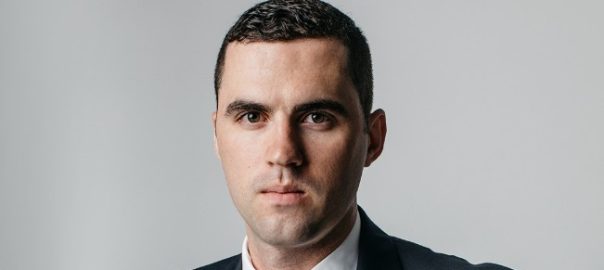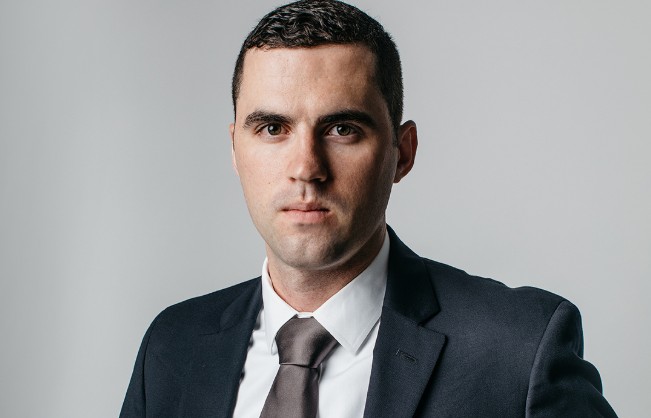
Hey Albany! Let’s Finish The Budget – You Know, the One with the Money
Ensuring public safety and improving services for New Yorkers with behavioral health needs are two significant issues facing our state. But let’s stop calling them the “critical budget issues.” They aren’t.
The critical budget issues are how the State will prepare for potentially massive federal cuts and a possible recession, stabilize its precarious fiscal house of cards, raise and spend over $252 billion of taxpayer money, and improve New York’s affordability.
The State budget is nearly three weeks late. With agreement on policy issues close to the finish line, lawmakers should refocus on the budget.
New York has developed a culture over the past two decades where policy changes—especially major, thorny ones—get hashed out in the budget process. The leverage of the State budget forces action. Given this, inserting policy into budget is a fairly rational choice.
But here’s the problem: shoving major policies into budget negotiations often gives both policy deliberations and the hard, unglamorous decisions about taxes and spending short shrift.
That’s dangerous. It increases the chance that major policies will be decided behind closed doors with insufficient public input and debate.
And when budgeting takes a back seat, major fiscal decisions that immediately affect New Yorkers and have significant long-term consequences are rushed and implications ignored. We are more likely to fail to correct problems and plan for known risks—like the threat of federal funding cuts. The State also misses the opportunity to build public trust through transparency and sound stewardship.
Here are the straight fiscal facts: Since fiscal year 2020, the budget’s State operating funds—New Yorkers’ money that pays for services—have increased $35 billion, a whopping 33%, or an average of nearly 6% a year. Now the Governor and Legislature are proposing to hike spending by another 11% to 14% next year.
This is not affordable. Especially when New York is staring down a massive structural budget gap and is on track to spend $18 billion more than it takes in a few years down the road. And that’s before we talk about potential federal cuts or a recession.
So, what should State leaders do right now? The Citizens Budget Commission recommends:
- Keep spending growth close to inflation. With a recession and federal cuts looming, we need to restrain spending. The State can grow spending slightly faster than inflation and still close its structural budget gap over four years.
- Set aside at least $2 billion in a federal cut contingency fund. If federal aid drops suddenly, a cushion can prevent an abrupt dislocation of services. This buffer could help the State thoughtfully transition programs rather than making rushed cuts.
- Protect the $20 billion already set aside for a rainy day. That money should be held for an economic downturn—not spent to backfill lost federal dollars temporarily. Sapping it for federal cuts would just delay hardship and leave the State’s pockets empty for the next recession.
- Publish basic budget tables to increase transparency. New Yorkers deserve to know how their money is being spent when the budget is adopted. Leaders should make historic progress this year to increase understanding and the public’s trust.
- Prioritize services. Almost two-thirds of our budget goes to Medicaid and education. We need to make tough but thoughtful decisions to protect New Yorkers in the long run. For Medicaid, this means reining in long-term care and home care costs. For education, this means better aligning funding with student need—not increasing funds for very wealthy districts or those with declining enrollment.
This is the kind of smart, strategic approach that protects New Yorkers now and into the future.
Going forward, New York needs to change its culture and stop using the budget to leverage hard policy decisions. Let’s reserve the budget process for the budget—how we raise and allocate money—and debate major policy proposals on their own merits, outside of the budget clock.
That change won’t happen overnight. It will require leadership from both the Governor and the Legislature. Let’s move from pointing fingers to a better path forward.
The payoff? Huge. We’d have more focused, responsible budgeting and better policy debates, too. These would be benefits for all New Yorkers.
Patrick Orecki is Director of State Studies, Citizens Budget Commission

